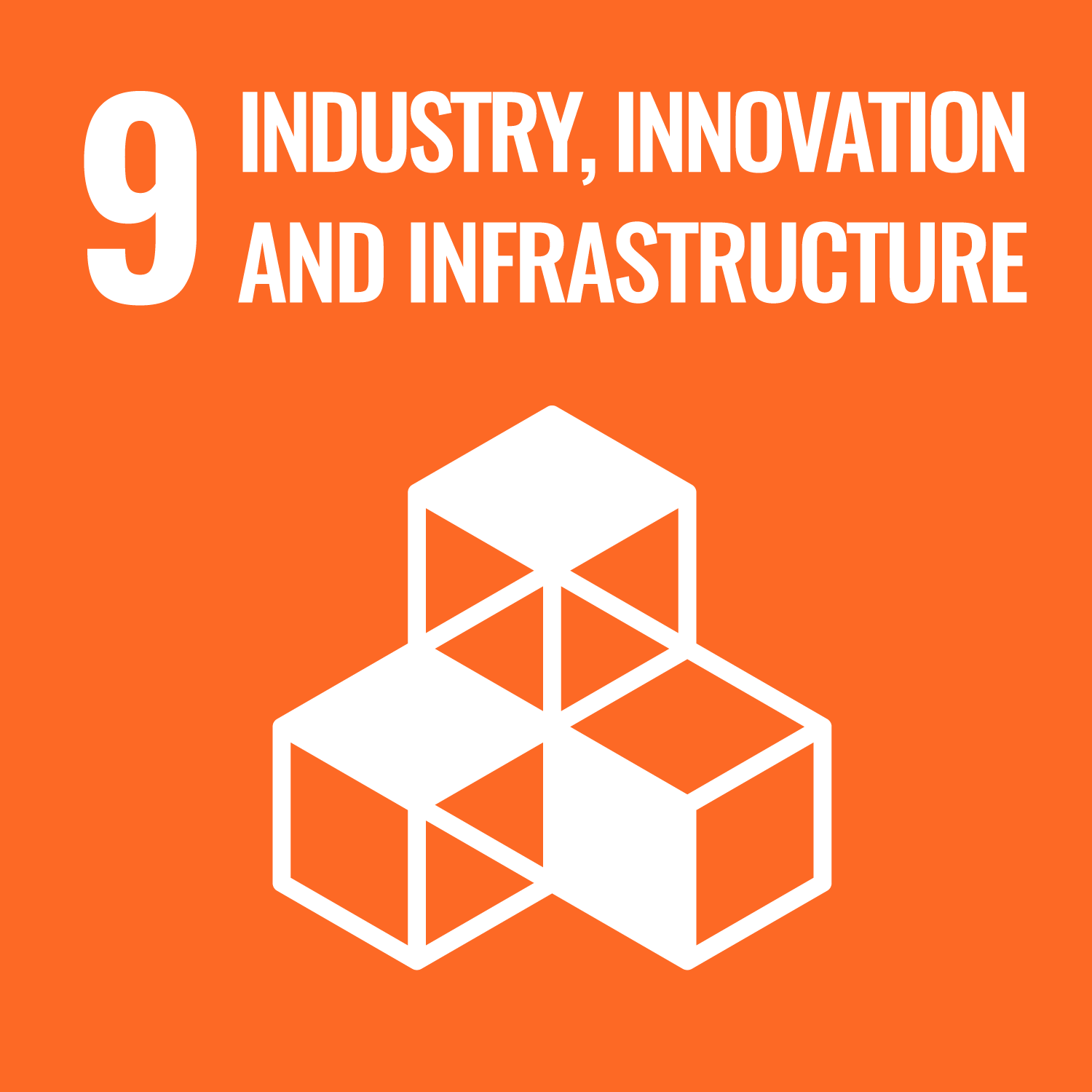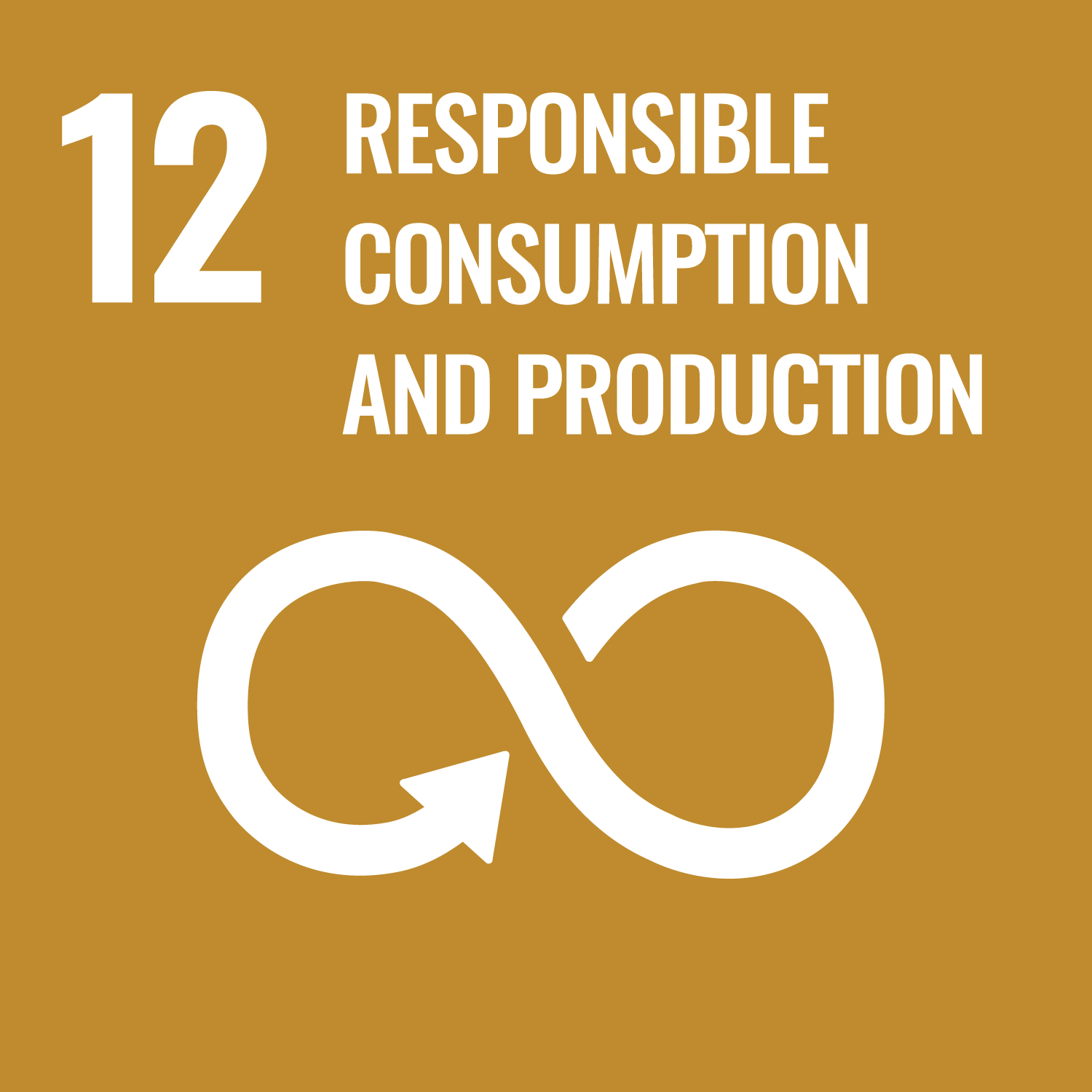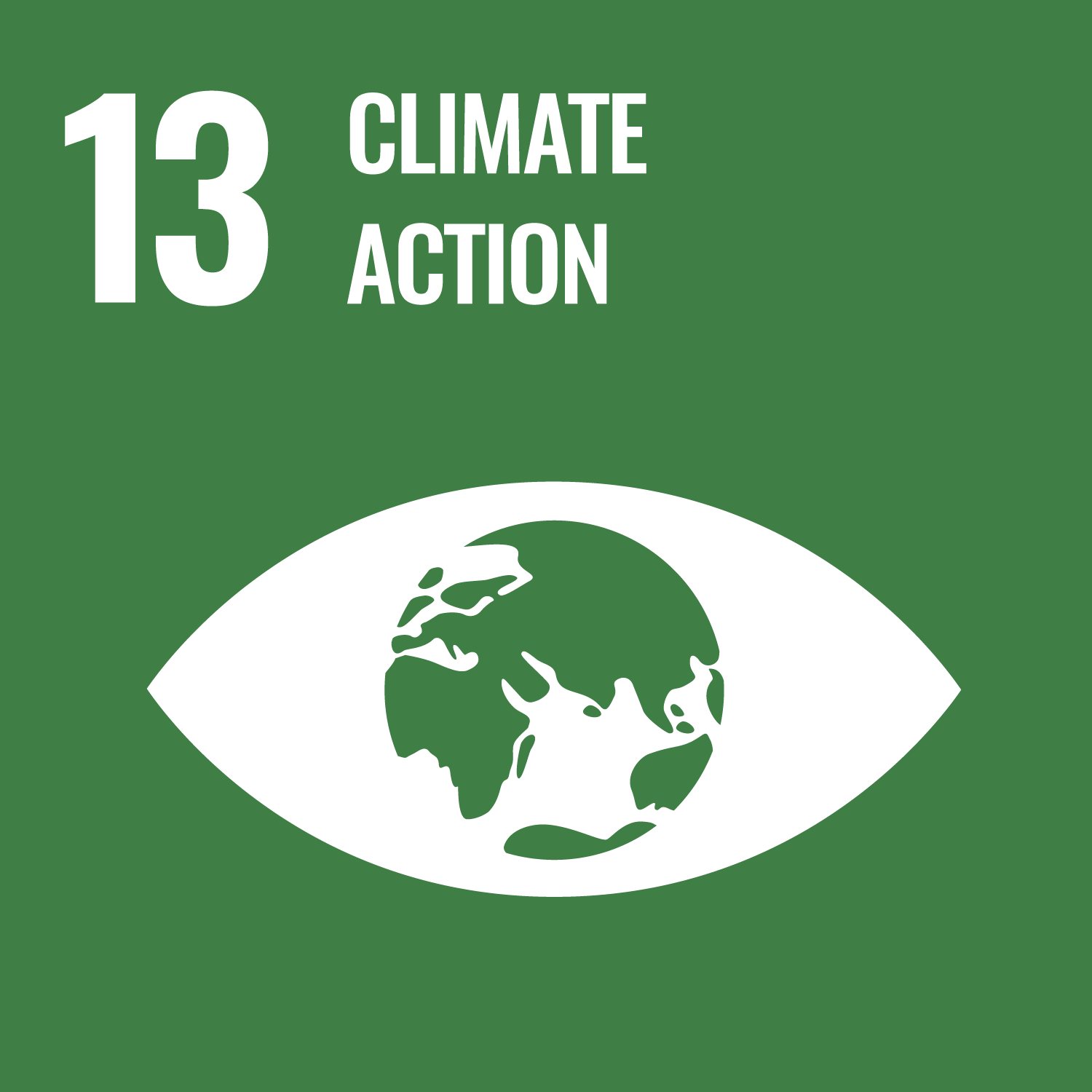Media Release - Opensourcing Scientific Results
Unlocking Enzymes to Tackle Textile Waste: New Study Explores Fungal-Based Degradation of Elastane and Polyamide Fibers
Not only does the global textile waste largely contribute to polluting the environment with toxins and GHG emissions on the landfills.
It is also an economical desaster as the most valuable polymers are being destroyed instead of reused.
Rheiazymes’ YARN-TO-YARN® industry application for the textile induxstry therefore focusses on keeping the most expensive polymer, Polyamide in an infinite loop.



Zurich, Switzerland - October 16, 2024 – The team of researchers at Rheiazymes, led by Mónica Arias and Milena Sbarai, has published a groundbreaking study, revealing the potential of enzymes produced by the fungus Penicillium simplicissimum to degrade synthetic textile fibers, including elastane and polyamide. These polymers are widely used in the fashion industry and present significant recycling challenges. The research results are now publicly available as part of the opensourcing project of Rheiazymes’ funding partner, Migros Pioneer Fund, and highlights innovative molecular recycling methods designed to reduce the environmental impact of textile waste.
Conducted with submerged liquid fermentation, the study identified enzymes capable of breaking down elastane and polyamide fibers into their core components. By targeting key enzyme classes—such as proteases, esterases, and amidases—the team has made strides toward enabling large-scale recycling processes. While the direct degradation of these fibers proved complex, the findings reveal promising enzymatic activity, particularly in elastane degradation. The work is a vital step toward the goal of a circular fashion industry, where high-value polymers can be continuously recycled.
Rheiazymes is a Swiss biotech company on a mission to keep fashion’s high-value polymers in a YARN-TO-YARN® loop using its proprietary Molecular Bio-Recycling. While the company is in the process of liquidation, staying true to the company’s purpose to truly make an impact, Rheiazymes - with the support of the Migros Pioneer Fund - is making its data publicly available to provide a stepping stone for researchers, start-ups and companies who are on the same mission to make the textile industry more sustainable and more circular.
The full study and the opensourced data are available here:
Contacts:
Rheiazymes:
Chantal Schmelz, chantal.schmelz@rheiazymes.com, +41 79 739 24 04
Migros-Pionierfonds:
Pablo Villars, pablo.villars@mgb.ch, +41 585 70 18 67
About the Migros Pioneer Fund
The Migros Pioneer Fund supports sustainable solutions for societal challenges with the goal of initiating systemic change towards a future-oriented society. The impact-oriented funding approach combines financial support with active funding and risk management. The fund is part of the social commitment of the Migros Group and has an annual budget of approximately CHF 15 million. The Migros Pioneer Fund is supported by companies such as Denner, Migros Bank, Migrol, migrolinio and Ex Libris.
More information: www.migros-pionierfonds.ch
Not only does the global textile waste largely contribute to polluting the environment with toxins and GHG emissions on the landfills.
It is also an economical desaster as the most valuable polymers are being destroyed instead of reused.
Rheiazymes’ YARN-TO-YARN® industry application for the textile induxstry therefore focusses on keeping the most expensive polymer, Polyamide in an infinite loop.




Company Update
TO ALL OUR PARTNERS, SUPPORTERS AND CO-PIONEERS.
Not only does the global textile waste largely contribute to polluting the environment with toxins and GHG emissions on the landfills.
It is also an economical desaster as the most valuable polymers are being destroyed instead of reused.
Rheiazymes’ YARN-TO-YARN® industry application for the textile induxstry therefore focusses on keeping the most expensive polymer, Polyamide in an infinite loop.
It is with a heavy heart, but with strong conviction, that we share this news with you today. We regret to inform you that Rheiazymes and the YARN-TO-YARN® project have had to enter the liquidation process despite our best efforts and numerous alternatives explored.
Despite the tireless efforts of our team and the tremendous support of our investors and our funding partner, the Migros Pioneer Fund, we find ourselves at a crossroads where we lack the necessary funding to move forward with our vision. The significantly longer development process for scaling the technology made it impossible to obtain the necessary financing for the company. We have not taken this decision lightly, but with the utmost consideration for our stakeholders and the future of enzymatic recycling. Accordingly, we will also share our knowledge and findings with you and the public in the coming weeks in order to maximize our impact. Here, too, we are supported by the Migros Pioneer Fund.
Even though this chapter is now coming to an end, we are very proud of what we have achieved together. Our journey has been characterized by innovation, collaboration and resilience. We have pushed boundaries, challenged industry norms and dared to dream big. To our team, investors, partners and supporters: we thank you! Your belief in our mission has been the driving force behind every step we have taken. While this may be the end of one journey, it is at the same time the beginning of countless new opportunities. Let's continue to carry the torch of innovation, knowing that the impact of Rheiazymes and YARN-TO-YARN® will last well beyond these difficult times.
As we manage this transition, we remain committed to transparency, integrity and the well-being of all stakeholders. We will continue to communicate openly and offer support wherever possible.
Thank you for being part of our journey.
preserving high-value polymers for the industry.
Molecular Bio Recycling - inspired by nature, enhanced with biotechnology.
Not only does the global textile waste largely contribute to polluting the environment with toxins and GHG emissions on the landfills.
It is also an economical desaster as the most valuable polymers are being destroyed instead of reused.
Rheiazymes’ YARN-TO-YARN® industry application for the textile induxstry therefore focusses on keeping the most expensive polymer, Polyamide in an infinite loop.
Only 1% of all textile waste gets recycled into new
textiles.
A GLOBAL CHALLENGE
Not only does the global textile waste largely contribute to polluting the environment - with toxins and GHG emissions on the landfills, it is also an economical desaster.
The most valuable polymers are being destroyed instead of reused.
Rheiazymes’ YARN-TO-YARN® industry application for the textile industry, therefore focusses on keeping the most expensive polymer Polyamide, in an infinite loop.
Enzymatic Recycling
THE FUTURE OF RECYCLING
Biotech solutions for recycling are ermerging. With its proprietary Molecular Bio Recycling technology, Rheiazymes provides the complementing piece nedded to close the recycling gap for functional fabrics.
Enzymatic recycling ensures precise separation of blended materials, and allows for materials to become infinitely circular with a positive impact for the environment.
saved of greenhouse gas emissions compared to producing and discarding virgin material.
64%
Enzymatic Recycling
THE FUTURE OF RECYCLING
YARN-TO-YARN® is our commitment to closing the recycling gap for synthetic yarn blends and functional textiles, through our proprietary Molecular Bio-Recycling technology. Using natural enzymes, we recover raw materials on a molecular level - in a biological process inspired by nature.
The application focuses on developing the technology for polyamide-elastane (PA/EA) blends and, establishing a circular YARN-TO-YARN® ecosystem.
FIRST INDUSTRY APPLICATION
YARN-TO-YARN®
The Migros Pioneer Fund looks for and supports ideas with social potential. It enables pioneering projects that break new ground and seek out forward-looking solutions. Its impact-oriented funding approach combines financial support with coaching services. The Migros Pioneer Fund is part of the Migros Group's social commitment and is enabled by the Migros Group with around CHF 15 million annually.
Find out more at https://engagement.migros.ch/de/pionierfonds
YARN-TO-YARN® is Rheiazymes lighthouse project for the textile industry, backed by the Migros Pioneer Fund. The project is now entering the practical phase, with the aim of being able to establish a pilot facility for enzyme production, test the process with partners from the fashion industry and bring the technology to industrial maturity.
Find out more at www.yarn-to-yarn.org
and https://engagement.migros.ch/de/news-projekte/klima-ressourcen/yarn-to-yarn
Passion, Values and Friendship
40+ years of experience in enzyme recycling and as entrepreneurs
Sandra Grimmer
CEO & Co-Founder
Business Dev. Strategic Partnerships, Fundraising
MBA in Intl. Mgmt. & Affairs, Stakeholder Management in global Biotech company, 20 years Entrepreneurship, including 5 in textiles and fashion
ZURICH, SWITZERLAND
Roland Grimmer
CTO & Co-Founder
Research & Development, Operations
Dipl. El. Engineer, eMBA, Experienced in leading a global support organization, ensuring know-how transfer
ZURICH, SWITZERLAND
Chantal Schmelz
CFO & Chairwoman
Finance, Compliance, Public Affairs
M.A. in Economics, CAS in Media Relations
Experienced head corporate communications and investor relations.
ZURICH, SWITZERLAND
Prof. Dr. Margarita Ramírez-Carmona
Scientific Advisor
Plant Architecture
PhD in Biochemical, Processes Head of CIBIOT Center of Studies and Research in Biotechnology at the UPB University, Medellin. Patent co-developer MEDELLIN, COLOMBIA
Prof. Dr. Carlos Ocampo-
López
Scientific Advisor
Scientific Research & Development
PhD in Engineering, 15 years in Biotechnology, Certified by WIPO in patent writing. Advisor to the UNEP United Nations Environment Program for Green Chemistry
MEDELLIN, COLOMBIA
Prof. Dr. Leidy Rendón-Castrillon
Scientific Advisor
Enzyme Design
PhD in Engineering, M.Sc. in Biotechnology, R&D for projects in the area of environmental biotechnology, fermentation, organic extraction, process control and development of high value-added raw materials.
MEDELLIN, COLOMBIA
R&D Partners
Roland Burger
Member of the Board
Richard Stegmann
Member of the Board
Chantal Schmelz
Chair of the Board
LIQUIDATORS
PARTNERSHIPS
Supported by a strong network of experts
INNOVATION PARTNERS
NETWORK PARTNERS
INCUBATORS & AWARDS
Join us in decarbonizing the textile industry.
In our Seed Round+ Round (closing end of Q1 2024), we are looking for a close group of Early-Stage investors to accelerate our scale-up.
For more information and to organize a personal Intro-Call with our CEO, please get in contact.
size of Biotechnology Market by 2030 - CAGR 15.83%
$2.44 Trillion
Impact Investing with Rheiazymes
FUNDING CONSIDERATIONS
Get in contact, make an impact!
Please get in contact with us for Intro Calls or further information on how your contribution could change the way recycling is being managed in the future.
@All rights reserved
Rheiazymes AG in Liquidation
c/o Chantal Schmelz
Forchstrasse 405
8008 Zurich
Switzerland
office@rheiazymes.com
+41 79 739 24 04
CHE-224.829.214